Ocean Pollution Explored through Children’s Books
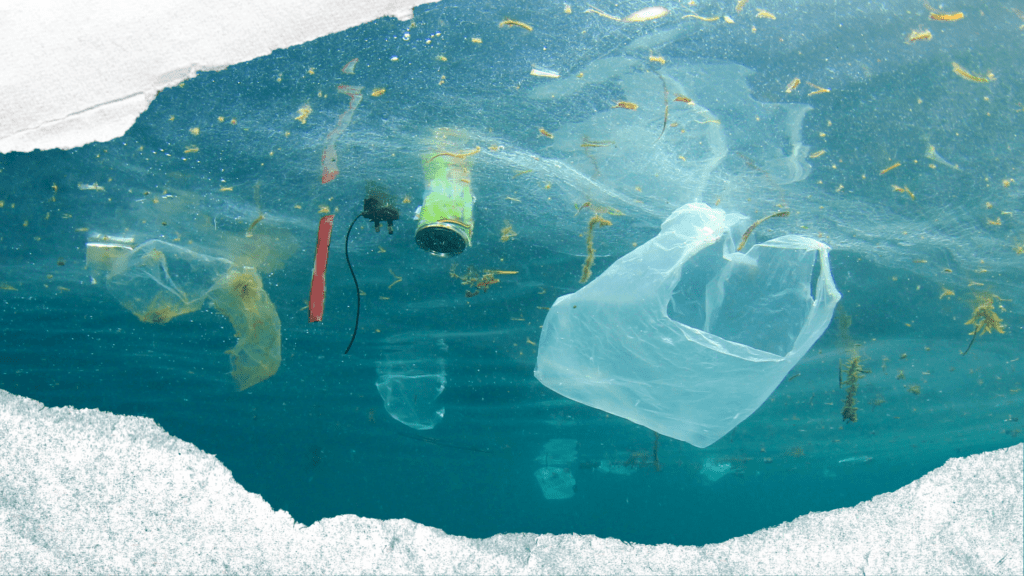

Every good child’s book transports its readers into a world of enchantment, where lessons of life are woven into narratives. The charm of storytelling reaches out to the tangible world, a world that young minds will inherit one day. This brings us to an emerging genre of children’s literature that combines the magic of storytelling with a prevailing global concern in the form of environmental challenges such as ocean pollution.
Children are our hope for the future. A future where the ocean doesn’t shimmer with thin plastic sheets but with the lively lick of the waves. A future where you don’t find plastic straws nudged between delicate corals but seahorses tweeting in the sea grass.
For these and other reasons, children’s literature needs to prioritize environmental education, opening a discourse on issues such as ‘plastic bags and straws in the ocean.
Captivating examples, intriguing characters, and heartbreaking portrayals can be used to highlight the consequences of our actions and demonstrate how small changes can make a huge difference. As an award-winning children’s book author, my latest offering, Penelope & Jack, Crisis in the Ocean, endeavors to educate children and empower them to invoke action against this modern-day crisis.
What happens to marine animals when they eat plastic bags in the ocean? Have you wondered what really happens to the beautiful sea creatures that call the ocean their home when they mistakenly eat plastic bags and straws that find their way into the water?
Imagine you are a sea turtle swimming through the deep blue sea, searching for your next meal. Suddenly, you see something floating in the water that looks like a jellyfish. Excitedly, you gobble it up, only to realize too late that it’s not food – it’s a plastic bag. This scenario happens far too often in the ocean. When marine animals like sea turtles, dolphins, and seabirds ingest plastic bags, it can have devastating consequences. The plastic bags and straws can block their digestive systems, making it difficult or even impossible for them to digest real food. This can lead to malnutrition, starvation, and eventually death.
Additionally, chemicals in the plastic can disrupt their hormonal balance. This weakens their immune systems and makes them more vulnerable to diseases. Not only do plastic bags and straws harm individual animals, but they also impact entire marine ecosystems. The presence of plastic in the ocean can disrupt food chains and degrade habitats. It is estimated that millions of marine animals die each year due to plastic pollution in the ocean.
What can we do to help protect marine animals from the dangers of plastic pollution? Simple actions like reducing the use of plastic bags and straws, properly disposing of trash, participating in beach clean-ups, and spreading awareness about the issue can make a big difference.
By educating ourselves and our children about the harmful effects of plastic pollution on marine animals, we can work to create a cleaner and safer environment for all creatures that call the ocean their home. It’s time we all work together to make a positive impact and ensure a healthier future for our oceans and the amazing animals that inhabit them, as well as for our own future generations.
How does ocean pollution harm sea creatures in their habitats? Plastic bags and straws in the ocean are a big problem for our sea creatures. These items may seem small and harmless to us, but they can cause a lot of harm to the animals that live in the ocean. Animals like whales, dolphins, and seabirds can become entangled in plastic bags, which makes it hard for them to swim, fly, or hunt for food. This can lead to injury, starvation, or even death for these animals.
It’s important for us to remember that everything we do on land can affect the creatures that live in the ocean. By reducing our use of plastic bags and straws, and making sure to dispose of them properly, we can help protect our marine friends and keep their habitats clean from ocean pollution. So, the next time you see a plastic straw or bag, remember the impact it can have on sea creatures, and choose more ocean-friendly alternatives.
Together, we can make a big difference in keeping our oceans clean and healthy for all who call it home.
Can children make a difference in reducing ocean pollution? Ocean pollution is a serious problem that affects marine life and the health of our planet. One of the main contributors to this issue is the presence of plastic bags and straws in the ocean. These single-use items are often used for a short time before being disposed of improperly, eventually finding their way into the ocean where they can harm marine animals and disrupt the delicate ecosystem.
As an award-winning children’s book author, I believe that educating young readers about the impact of plastic pollution and empowering them to make a difference is crucial. Children have a unique ability to advocate for change and influence those around them, including adults.
By including stories about plastic bags and straws in the ocean in children’s books, we can raise awareness and inspire action. For example, children can help reduce plastic pollution in the ocean is by making simple changes in their daily lives. Encouraging them to use reusable bags and metal straws instead of single-use plastic ones can make a significant impact. By forming eco-friendly habits early on, children can create a ripple effect that spreads to their friends, family, and community.
In addition to individual actions, children can get involved in local clean-up efforts and community initiatives aimed at reducing plastic waste. Volunteering at beach clean-ups or participating in recycling programs can show children the tangible results of their efforts and instill a sense of responsibility for the environment. By including the issue of plastic bags and straws in the ocean in children’s books, we can start important conversations and empower the next generation to become environmental stewards.
Together, children have the power to make a real difference in reducing plastic pollution and preserving the health of our oceans for future generations. Let’s inspire and support them in this important mission.
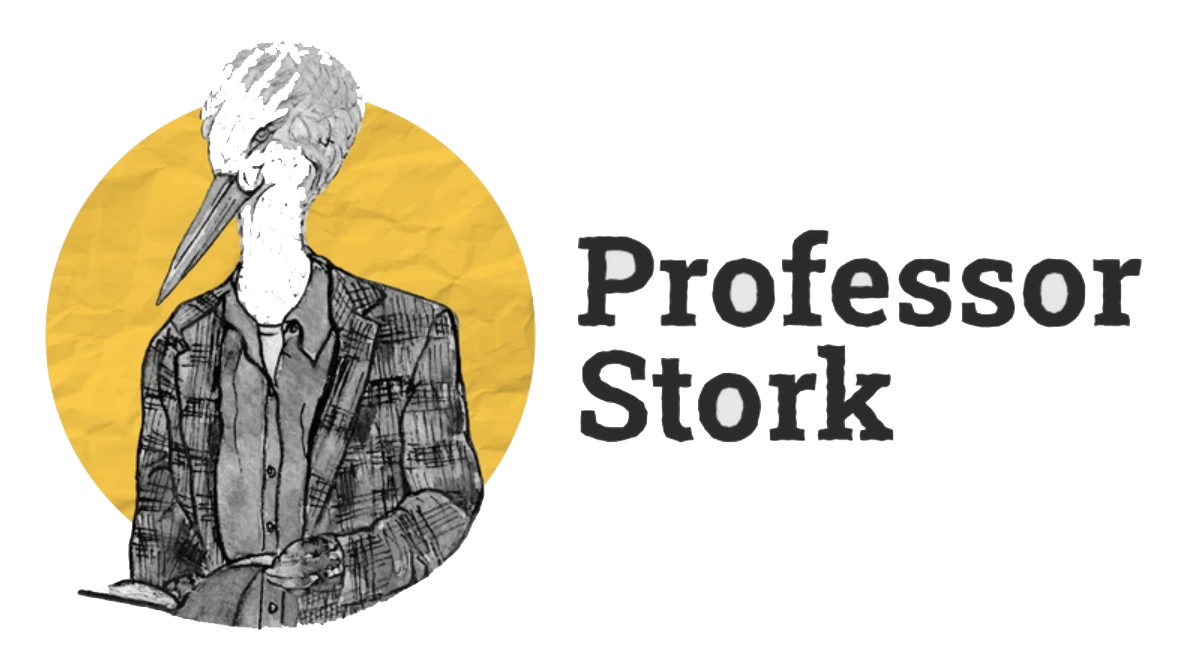
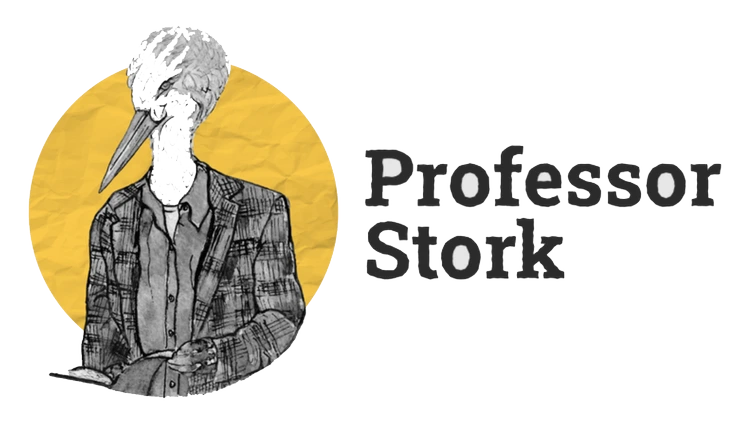
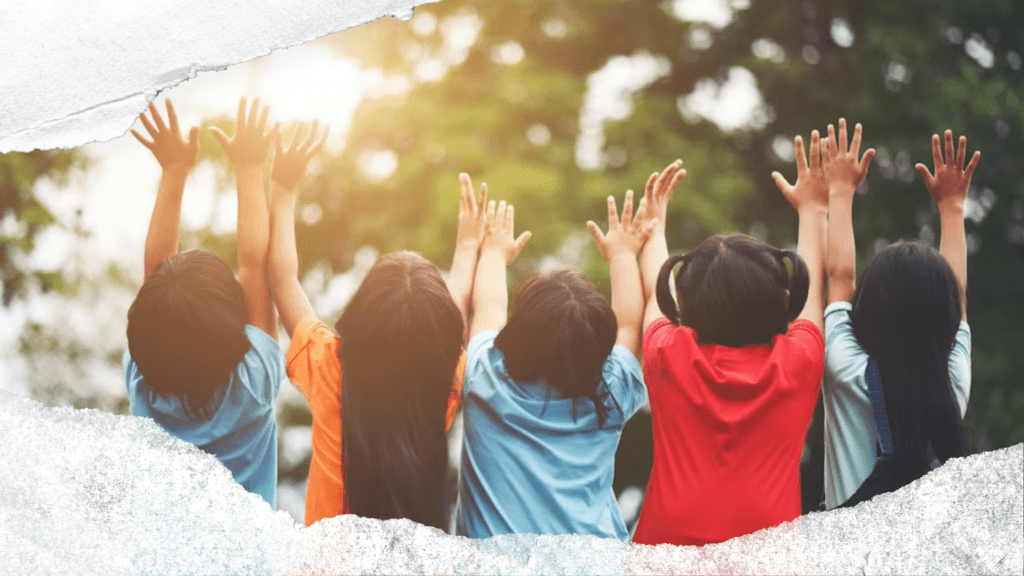

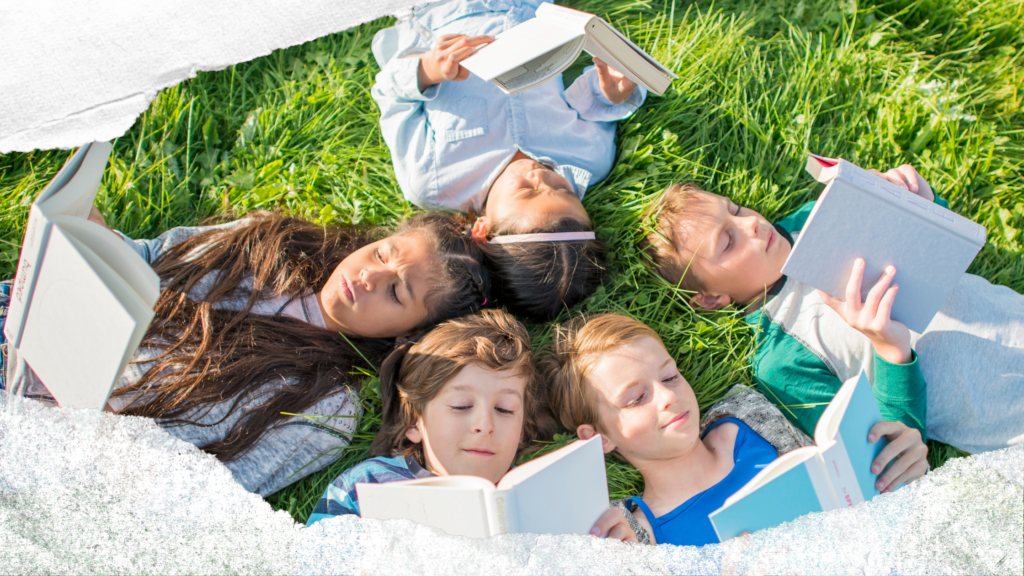
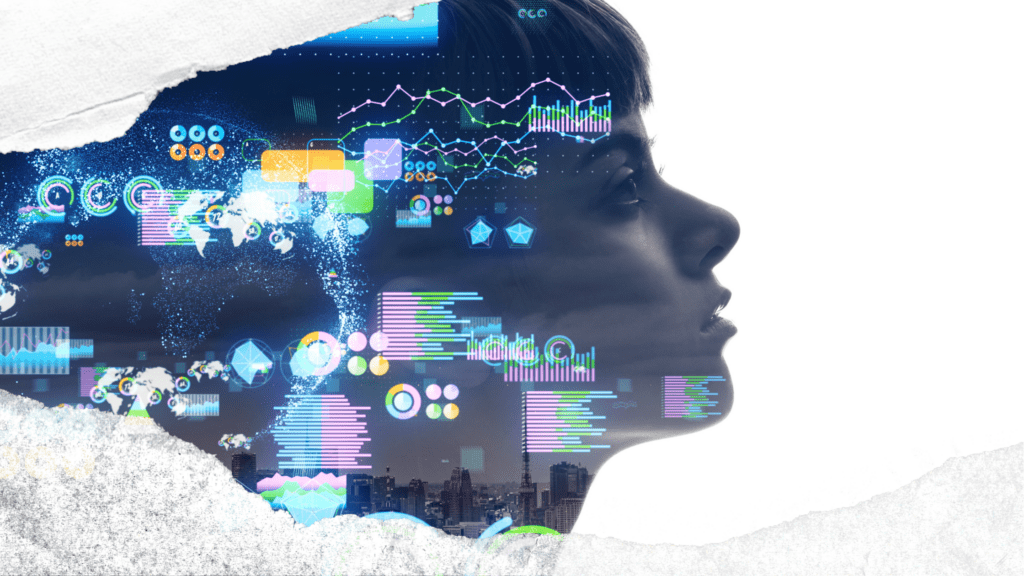
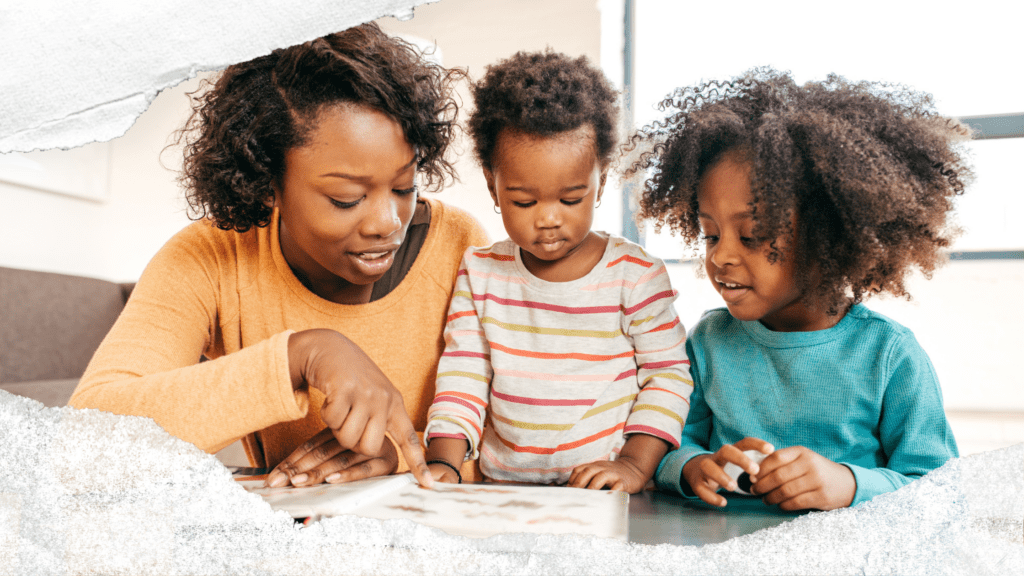
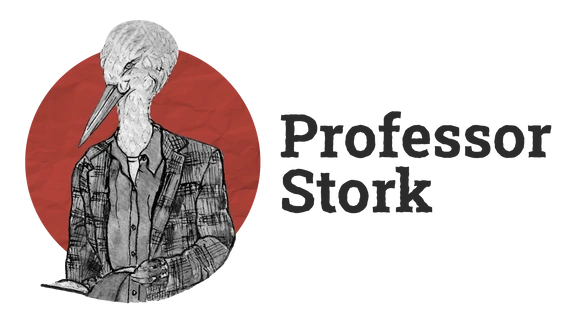
Responses